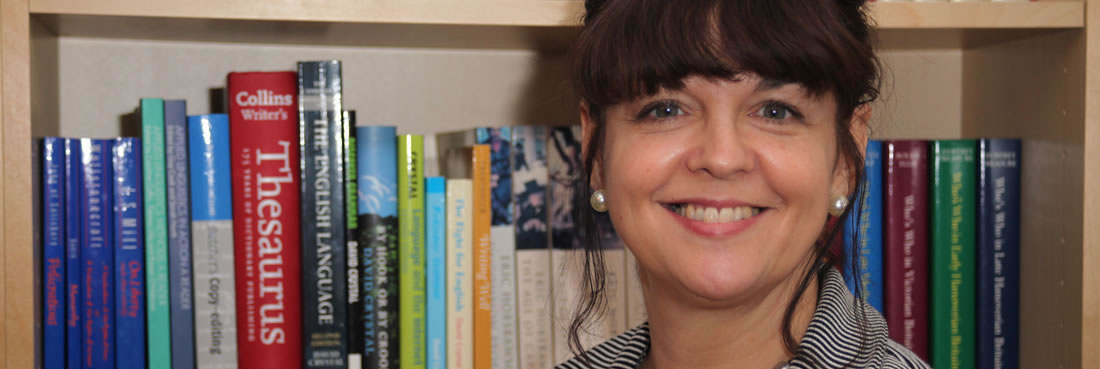I ask two questions because, sadly, each has a different answer. I’d like to focus on the positive, so will discuss the second question.
Education should be something to which we are all entitled, whatever our background and upbringing. It provides opportunities for those of us who want to pursue an academic route and who enjoy maths, English, science and other academic subjects.
It should not penalise those for whom academia has no appeal. Those who are athletic and competitive, who like to kick a ball or throw a javelin, should have their talents nurtured as seriously as those who flourish with maths. If a child shows a talent for music, or art, or historical enquiry, or anything that doesn’t necessarily fit into the current narrow view of what constitutes intelligence, they should be encouraged to build on their talents and dreams.
Education should be about raising self-esteem and having a sense of achievement, not about being made to feel inferior because the only thing one can do well is act, or paint, or bowl a ball.
I have worked in schools where children who thrive at artistic or physical subjects – those subjects not considered by politicians to be ‘proper’ subjects – have to miss the lesson at which they excel to endure more of the stuff they hate and will never understand. We all have things we’re good at and things we’d rather not do. Tell me I need to play a sport or draw a picture to feel worthwhile and I’ll give up on myself!
It might be a sad fact of life, but it is a fact that some people will never grasp the basics of maths or English, no matter how much time they spend trying. So why torture them with that sense of failure?
Look at David Beckham. He admits that he’s not the sharpest knife in the drawer. If he had been discouraged from playing football and made to work at English until meeting that magic level 4 at primary and grade C at GCSE in secondary, the world would never have had the privilege of such a legend, not just on the football field but in charity work, entertainment and the catalyst behind the London Olympics. How do we know we’re not stifling future boys and girls who will make this world a better place, even if they don’t possess outstanding GCSE grades?
Education as it currently stands does not serve its purpose. Too many young people are turned off school and learning and made to feel that if they can’t reach an arbitrary target set for them – a target based on a belief that all children are the same and possess the same skills, likes and dislikes – they are worthless. Give people choices and let them decide. Behaviour in schools would improve if all young people weren’t being pushed in the same direction, with many believing that they have no worth. No future.
We need to see education catering for all, no matter what their strengths. If everyone achieves top grades for maths and English, what a one-dimensional and unexciting world this would be. And who would serve in our shops, empty our bins, clean our streets…? These jobs are just as important as medicine, teaching and politics in our society.
By all means, provide the opportunities for academic subjects. But let’s remember that education means so much more than pieces of paper saying you can discuss Shakespeare or solve algebraic equations. It’s about having a purpose. A future.
